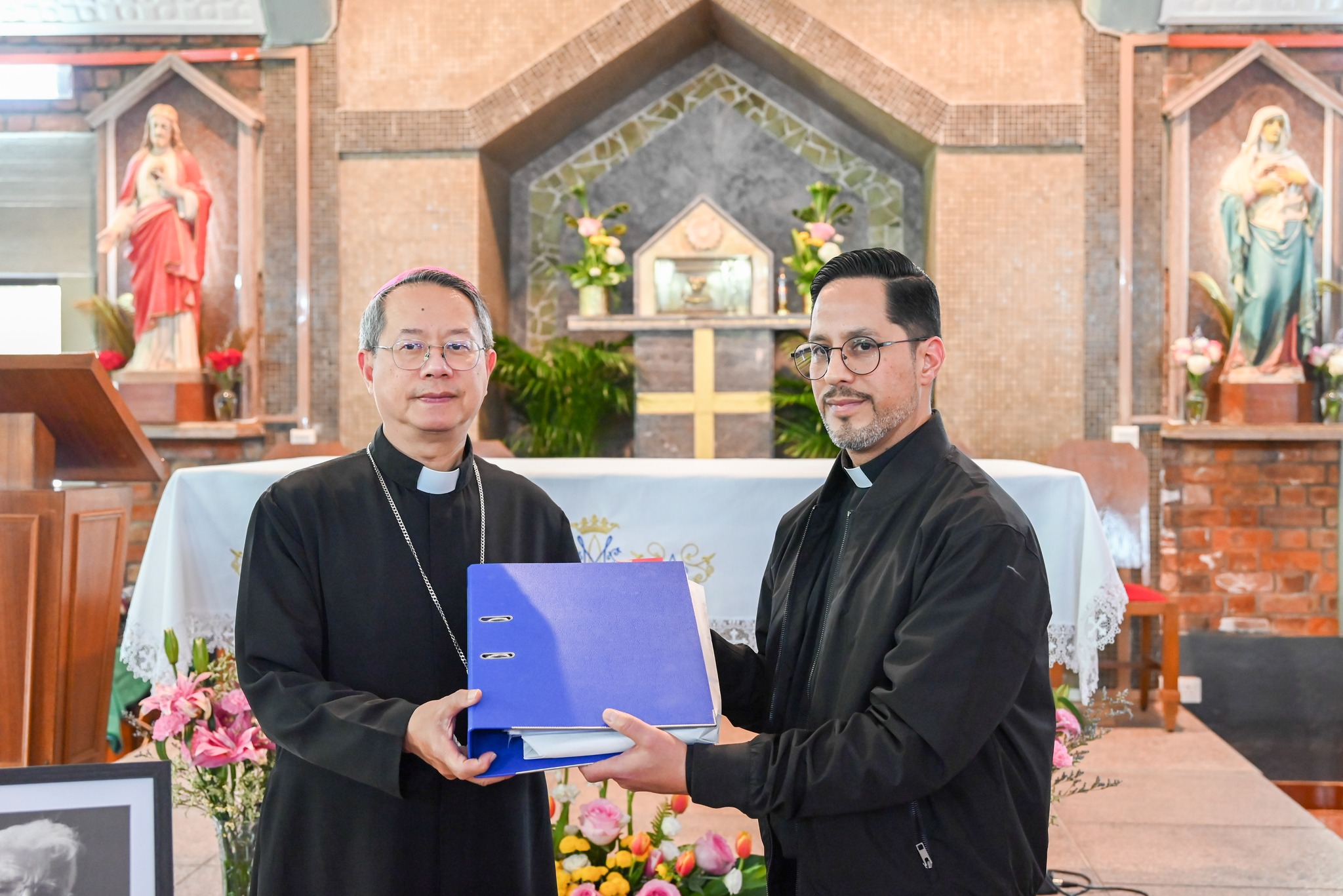PHOTO:By Free-Photos at Pixabay
– Rev José Mario O Mandía
Can we demonstrate the existence of a First Cause? But first, what do we mean by “demonstrate”? To demonstrate is to show that something which we cannot directly know (i.e., a truth that is not self-evident to us) is true, using some truths that are more known to us.
Saint Thomas says that there are two types of demonstration: (1) ‘propter quid’ demonstration and (2) ‘quia’ demonstration. (See Summa Theologiae I q2 a2)
A propter quid demonstration is also called a priori demonstration. This is because the reasoning begins from the cause or the universal principle and concludes with the particular or concrete effect or application. It is called a priori demonstration because it begins from what actually or in reality comes first: the cause (the effect comes later). Aristotle called this type of reasoning deduction.
A simple example of deduction is as follows:
All human beings will die. (Universal principle)
Socrates is a human being.
Therefore, Socrates will die. (Particular application)
On the other hand, quia demonstration (also called an a posteriori demonstration), goes the opposite way: it begins with the effect and concludes with the cause. It is called a posteriori because it begins from what actually or in reality comes later: the effect. Aristotle called this type of reasoning induction.
Natural sciences like biology make extensive use of this type of demonstration. By observing the occurence of certain phenomena, it is able to formulate general principles.
In fact, scientific inquiry usually employs both forms. Aristotle saw scientific inquiry as a process of making observations and drawing general principles from them (induction). But afterwards, we apply the general principles to specific cases (deduction).
Note that induction takes for granted that nature always acts in the same way given the same conditions. This is fundamental to science. If the world was in a constant process of change, we could not come up with any science. Science thus implicitly accepts philosophical concepts such as “essence” and the principle of non-contradiction.
Can we demonstrate the existence of a First Cause? Saint Thomas says it is possible: “When an effect is better known to us than its cause, from the effect we proceed to the knowledge of the cause. And from every effect the existence of its proper cause can be demonstrated, so long as its effects are better known to us; because since every effect depends upon its cause, if the effect exists, the cause must pre-exist”(Summa Theologiae I q2 a2).
One last thing. We mentioned the terms a priori and a posteriori. The meaning of these two expressions changed with Immanuel Kant (1724-1804). In earlier philosophy, the two expressions referred to the process of reasoning. In Kant, the these two expressions belong to the level of simple apprehension and judgment (see Bite-Size Philosophy 7), especially with reference to sense experience.
Unlike Aristotle who teaches us that our minds are tamquam tabula rasa (“like a blank tablet on which nothing has been written”) when we are born, Kant taught that before we ever experience the outside world, we already have, prior to that experience, some knowledge: a priori knowledge. But he also admitted that we acquire some knowledge posterior to or after sense experience: a posteriori knowledge. It is worthwhile knowing the difference between his position with that of Saint Thomas.


 Follow
Follow


